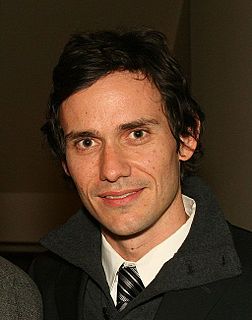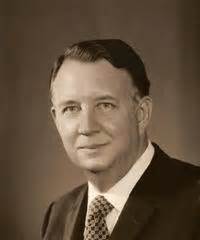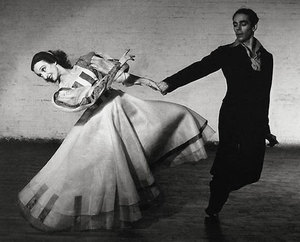A Quote by Benjamin Franklin
Here comes the orator with his flood of words and his drop of reason.
Related Quotes
Surely in much talk there cannot choose but be much vanity. Loquacity is the fistula of the mind,--ever-running and almost incurable, let every man, therefore, be a Phocion or Pythagorean, to speak briefly to the point or not at all; let him labor like them of Crete, to show more wit in his discourse than words, and not to pour out of his mouth a flood of the one, when he can hardly wring out of his brains a drop of the other.
Words have a magical power. They can bring either the greatest happiness or deepest despair; they can transfer knowledge from teacher to student; words enable the orator to sway his audience and dictate its decisions. Words are capable of arousing the strongest emotions and prompting all men's actions.
The orator, who may be silent without danger, may praise without difficulty and without reluctance; and posterity will confess that the character of Theodosius might furnish the subject of a sincere and ample panegyric. The wisdom of his laws and the success of his arms rendered his administration respectable in the eyes both of his subjects and of his enemies. He loved and practised the virtues of domestic life, which seldom hold their residence in the palaces of kings.
What a wee little part of a person's life are his acts and his words! His real life is led in his head, and is known to none but himself. All day long, the mill of his brain is grinding, and his thoughts, not those of other things, are his history. These are his life, and they are not written. Everyday would make a whole book of 80,000 words -- 365 books a year. Biographies are but the clothes and buttons of the man -- the biography of the man himself cannot be written.
If a man withdraws his mind from the love of beauty, and applies it as sincerely to the love of the virtuous; if, in serving his parents, he can exert his utmost strength; if, in serving his prince, he can devote his life; if in his intercourse with his friends, his words are sincere - although men say that he has not learned, I will certainly say that he has.
The Dancer believes that his art has something to say which cannot be expressed in words or in any other way than by dancing... there are times when the simple dignity of movement can fulfill the function of a volume of words. There are movements which impinge upon the nerves with a strength that is incomparable, for movement has power to stir the senses and emotions, unique in itself. This is the dancer's justification for being, and his reason for searching further for deeper aspects of his art.

































